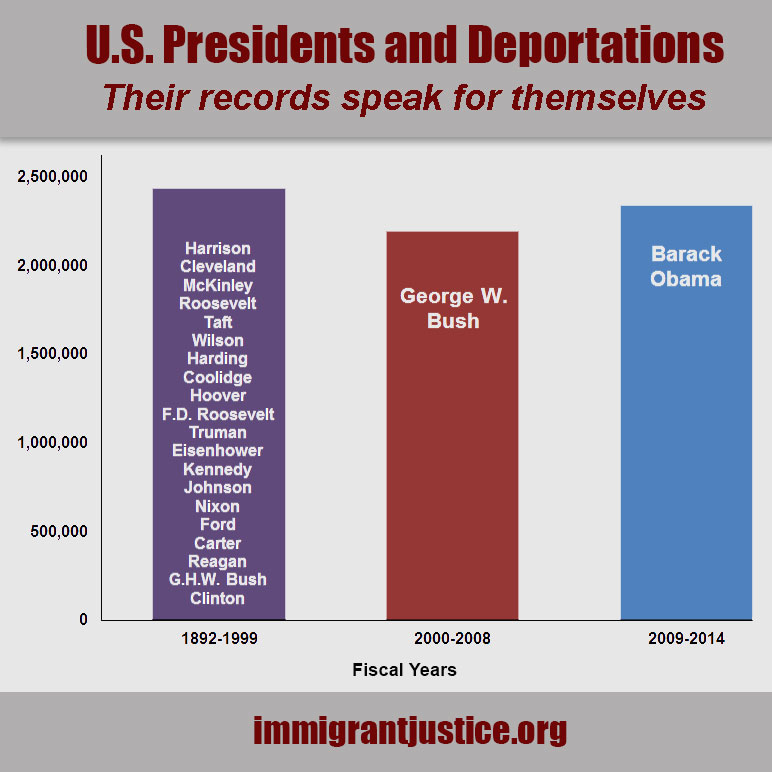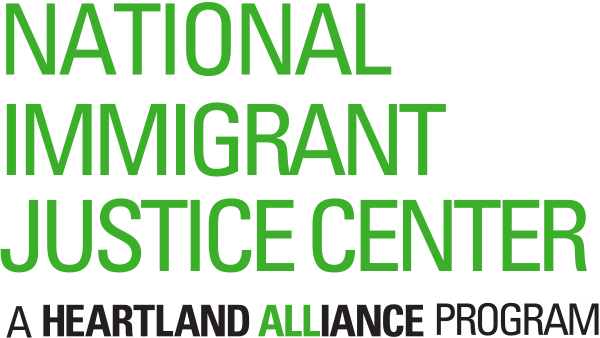Statement by Mary Meg McCarthy, Executive Director, Heartland Alliance’s National Immigrant Justice Center
House Judiciary Committee Chairman Bob Goodlatte’s (R-VA) concern that the Obama administration’s enforcement of our immigration laws has not been harsh enough is confounding and contradictory to the reality of an exponential increase in the number of detention and removal caseloads since President Obama took office six years ago.
NIJC calls on Congress to rethink immigration enforcement and the impact it has on communities and the lives of hard-working men and women. We need Congress to pursue a robust immigration debate that produces a long-term and viable solution to a broken and unjust immigration system. The House Judiciary Committee’s single-minded focus on making the system even harsher and rolling back due process is unconscionable, given these facts:
 Immigration enforcement spending is at an all-time high of $18 billion, eclipsing total spending for all other federal law enforcement agencies combined, including the Federal Bureau of Investigation; Drug Enforcement Administration; Secret Service; U.S. Marshals Service; and Bureau of Alcohol, Tobacco, Firearms, and Explosives.
Immigration enforcement spending is at an all-time high of $18 billion, eclipsing total spending for all other federal law enforcement agencies combined, including the Federal Bureau of Investigation; Drug Enforcement Administration; Secret Service; U.S. Marshals Service; and Bureau of Alcohol, Tobacco, Firearms, and Explosives.- Since 2009, President Obama has deported more than 2.3 million people, nearly as many individuals as a century’s worth of presidents.
- The Obama administration has criminally prosecuted a record number of individuals for non-violent immigration violations such as illegal re-entry. Immigration offenses – often by individuals who are desperate to reunite with families or seek safe haven in the United States – now comprise more than half of federal prosecutors’ caseloads.
- Immigration courts are so backlogged that individuals the Department of Homeland Security (DHS) apprehends today and request asylum are likely to wait five years – until 2020 – for an opportunity to present their cases to a judge.
While the president’s recent executive action announcement will bring temporary relief to many families, millions of immigrants who contribute to our economy and communities will continue to live in fear until Congress passes a permanent and comprehensive bill with a path to citizenship. The president’s reforms of DHS’ enforcement priorities and the Secure Communities program are steps in the right direction if implemented well, but the federal government must go further to disentangle immigration enforcement from local law enforcement. Finally, DHS must give due process to those who arrive at our borders, whether children, families, or adults, and ensure protection screenings for those who express a fear of return to their home countries.

